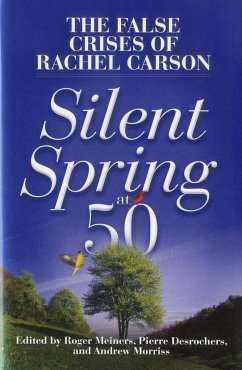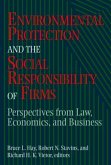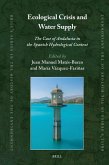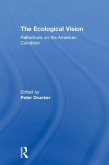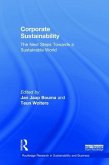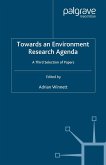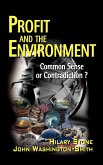Widely credited with launching the modern environmental movement when published 50 years ago, Rachel Carson's Silent Spring had a profound impact on our society. As an iconic work, the book has often been shielded from critical inquiry, but this landmark anniversary provides an excellent opportunity to reassess its legacy and influence. In Silent Spring at 50: The False Crises of Rachel Carson a team of national experts explores the book's historical context, the science it was built on, and the policy consequences of its core ideas. The conclusion makes it abundantly clear that the legacy of Silent Spring is highly problematic. While the book provided some clear benefits, a number of Carson's major arguments rested on what can only be described as deliberate ignorance. Despite her reputation as a careful writer widely praised for building her arguments on science and facts, Carson's best-seller contained significant errors and sins of omission. Much of what was presented as certainty then was slanted, and today we know much of it is simply wrong.

